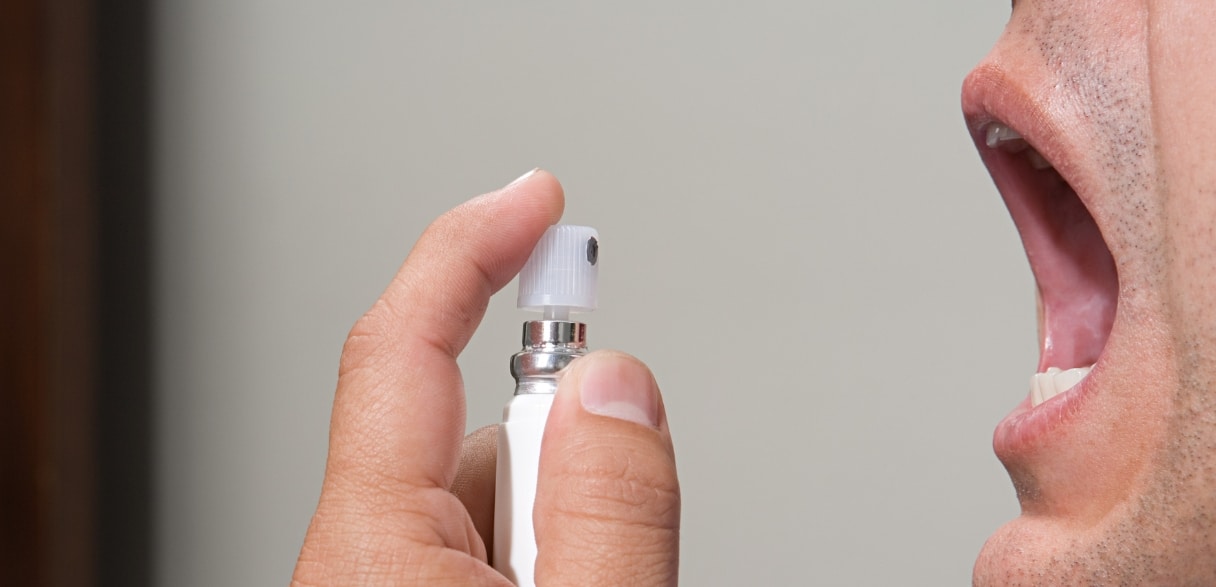
As we age, our oral health care needs change. Awareness of the changes and how they impact our overall health is essential. This blog post will discuss why oral health care is critical for older adults to keep their mouths healthy and maintain good overall health.
Why Is Oral Care Important For Adults?
Oral health care is essential because it helps maintain the body’s overall health. Poor oral hygiene can lead to infections and gum disease that can spread to other body parts, leading to more severe issues such as heart disease or stroke. In addition, poor oral hygiene can make it difficult for seniors to eat, speak, or even smile. This lack of self-confidence can contribute to feelings of isolation or depression in seniors.
Oral Health & Overall Health Are Connected
It is vital to understand that oral health and overall health are connected; when one suffers, the other does. Poor oral hygiene leads to tooth decay and gum disease and can lead to other medical conditions such as heart disease, stroke, diabetes, and even respiratory infections. Therefore, older adults must maintain oral hygiene to stay healthy.
Regular Dental Visits Are Essential
Regular dental visits are essential for all ages but become increasingly important as we age. A routine checkup appointment with your dentist or hygienist will examine your teeth, gums, and mouth for any signs of diseases or decay. They will also clean your teeth if necessary and advise on improving your oral hygiene routine at home. Regular dental visits are essential if you wear dentures or have any existing medical conditions that may affect your oral health.

Good Oral Hygiene Habits Can Make All the Difference
Good oral hygiene habits can help prevent many common dental issues, such as cavities, gum disease, bad breath, and tooth loss. Good practices include brushing twice a day with fluoride toothpaste and flossing once a day; using an antiseptic mouthwash; avoiding sticky, sugary snacks; eating a balanced diet; not smoking or using tobacco products; and drinking plenty of water throughout the day (especially after meals). It is also essential to visit your dentist regularly to catch any problems early on before they become worse.
Preventative Measures
Preventative measures are crucial to maintaining good oral health for older adults. Regular visits to a dentist are essential to catch any potential problems early on and address them before they become more severe. Additionally, brushing twice daily with fluoride toothpaste and flossing regularly will help keep teeth healthy and strong. Eating a balanced diet that includes foods high in calcium and vitamins A and C will also help maintain good oral health.
Here are some tips for maintaining good oral health:
•Brush your teeth twice a day with fluoride toothpaste.
•Floss daily.
•Eat a balanced diet and limit sugary snacks.
•Quit smoking.
•Visit the dentist regularly for checkups and cleanings.
It is no secret that oral health can have a significant impact on quality of life. Gum disease, for instance, has been linked to an increased risk of heart disease, stroke, and other serious health problems. Poor oral hygiene can also cause bad breath, tooth decay, and other problems that can make life less enjoyable.
Conclusion
Oral health care is essential to maintaining older adults’ overall physical and mental well-being. Taking preventative measures like regular visits with a dentist and good at-home habits such as brushing twice daily with fluoride toothpaste and flossing regularly will help seniors maintain optimal oral hygiene levels throughout their lives. When combined with proper nutrition and lifestyle changes, if necessary—older adults can enjoy an improved quality of life thanks to better dental habits!



